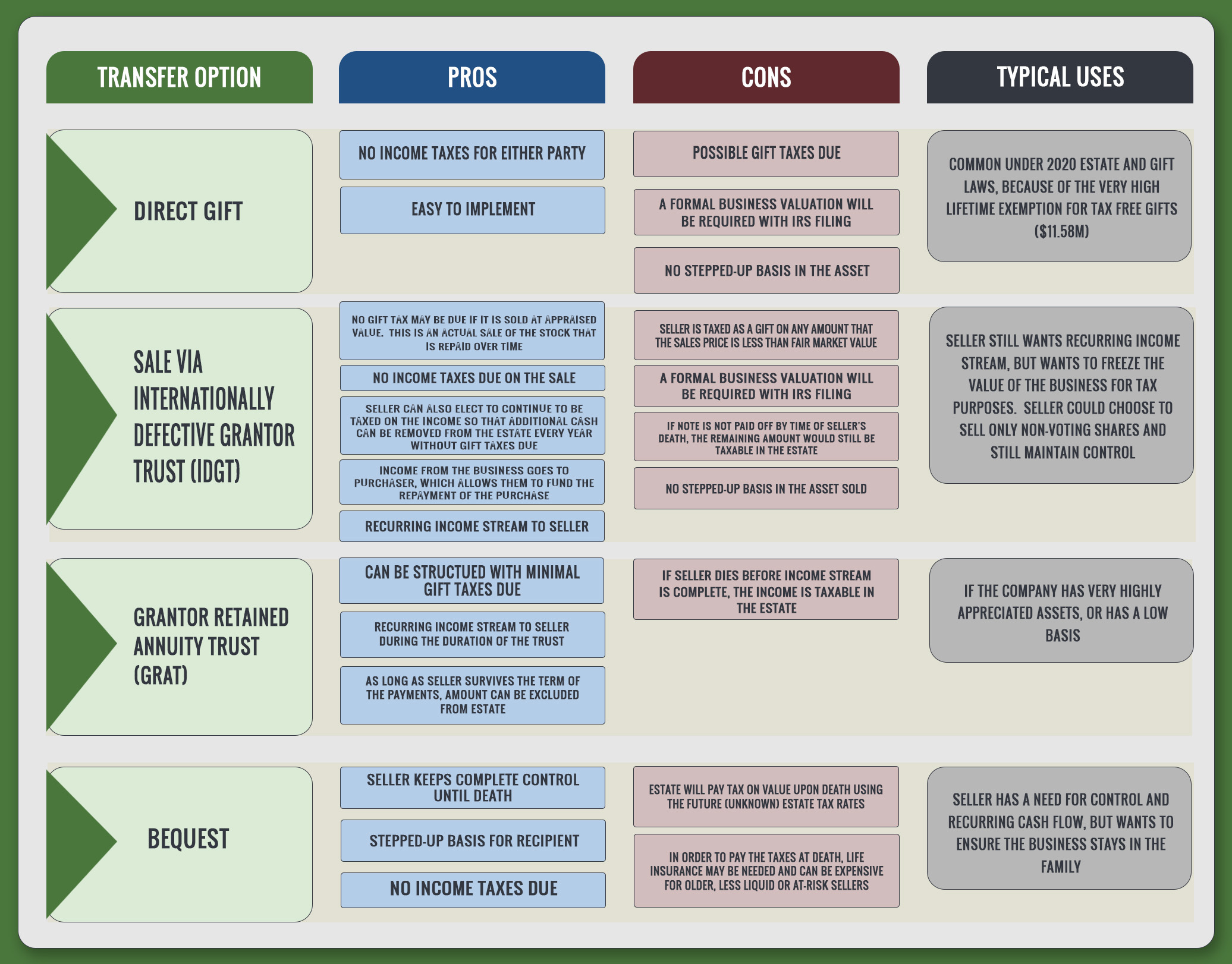
Say the word budget to most business owners, and you’ll see them cringe. Say the word to family business owners, and you may see them run screaming from the room!

Like many issues in a family business, budgeting can become emotionally charged. Talking about money and spending in a family brings up questions of rights, privileges, allowances and responsibility. Yet budgeting is an important part of business management – for family and nonfamily businesses.
Why do you need a budget?
It has been said, “If you don’t know where you’re going, any road will take you there.” A budget is part of the process of knowing where you’re going.
Let’s say you want the company to grow 15 percent in sales next year. How much asset and expense growth will be required to sustain the revenue growth? Where are the economies of scale you hope to achieve?
Preparing a budget based on a good sales forecast forces you to look at these issues. It also gives you time to plan for additional expenditures that will make the revenue growth possible. It sets a road map to help you on your way to your goal.
How does a budget benefit the rest of the family?
In many family businesses, information doesn’t always travel as it should. The owner may have plans that never get communicated to the rest of the family. Then, when the family fails to step up and support the plans, they’re chastised – hardly fair if they didn’t know about the plans in the first place.
Preparing a good budget requires input from many sources and, in your case, many family members. Having everyone’s input sparks discussion and gives opportunities for participation.
Sometimes, a budget talk is not necessarily what the family business owner wants, but it is usually best for the business and the family in the long run. Budgeting helps family members communicate and focus on goals.
How does budgeting aid in accountability?
Accountability in a family business takes on an aura all its own. Family history often makes what should be an objective performance evaluation into a continuation of criticism from childhood.
A good budget gives you a truly objective measure of performance, at least in some areas. If the budget is prepared with input from the family and the final budget is distributed to and accepted by the family, it is easier to present the evaluation as objective. For example, “We budgeted 100. Your department made 73. You missed your target.”
Also, the budget gives one unbiased method for determining compensation if the compensation of family members is tied to performance – yet another hurdle for many family businesses.
What about perks and benefits?
It is often challenging for family businesses to say “no” to requests of family members regarding perks and benefits. Family members sometimes see the business as a vehicle to fund their needs and their wants.
Individually, their requests may not seem like much. Combine the requests of the entire family, however, and you can quickly cripple a business financially.
Budgeting helps the family see a bigger picture of the cost of perks and benefits. It shows how these requests may affect the long-term health of the business.
Budgeting makes it easier to evaluate fairness because expenditures are preplanned instead of being handled piecemeal.
The budget may also make it easier for the business owner to explain why certain perks cannot be granted. A budget that shows funds are needed to fuel growth or survive a downturn may leave a better impression than a simple “You can’t have that” from the owner. Again, the basis for the decision may feel less personal.
What are the keys to budgeting success?
It is critical for you to:
- Involve family members in the budgeting process.
- Develop a realistic budget.
- Share the information gained from the budgeting process.
- Hold everyone accountable for sticking to the budget.
Unlocking budgeting success will give you a foundation for a more businesslike discussion of performance and goal achievement.




